The National Association of Intercollegiate Athletics (NAIA), a governing body of college sports, recently announced that it will not permit any male-bodied athlete to participate in women’s sports. This decision emphasizes the importance of “fair and safe competition for all student-athletes.” This move is a positive step forward in a society that often struggles to address this issue in a sensible way.
Widespread Support For The Move
The NAIA’s Council of Presidents unanimously approved the policy in a 20-0 vote on Monday morning following a December survey that showed broad support for this move.
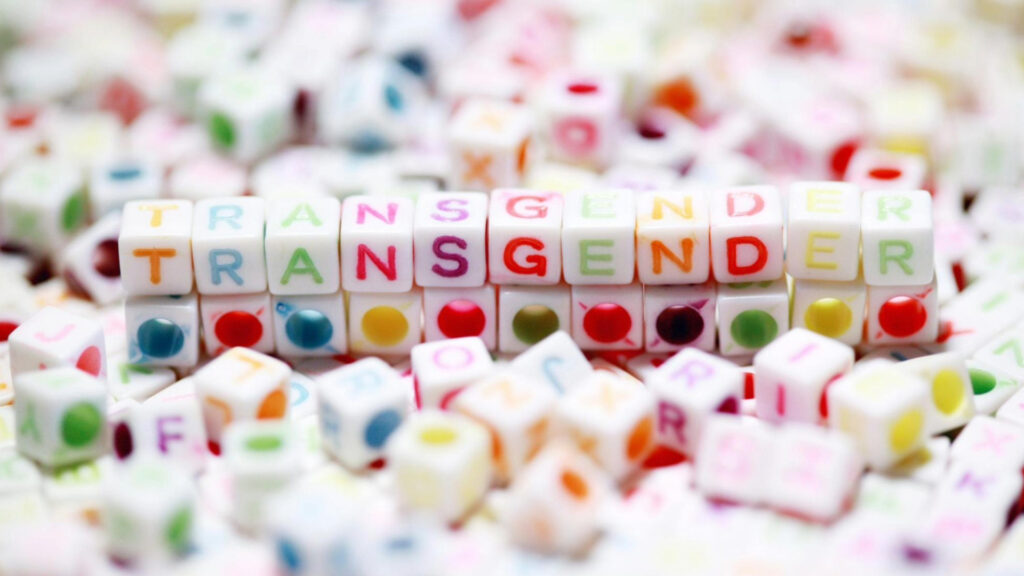
Previously, the association’s policy was applicable only to postseason competitions, but the new directive extends to all NAIA competitions.
Not Applicable to NCAA Competitions
The National Association of Intercollegiate Athletics (NAIA) is a national athletic governing body overseeing 249 primarily small colleges across the U.S. that are not affiliated with the National Collegiate Athletic Association’s (NCAA’s) three divisions of competition.
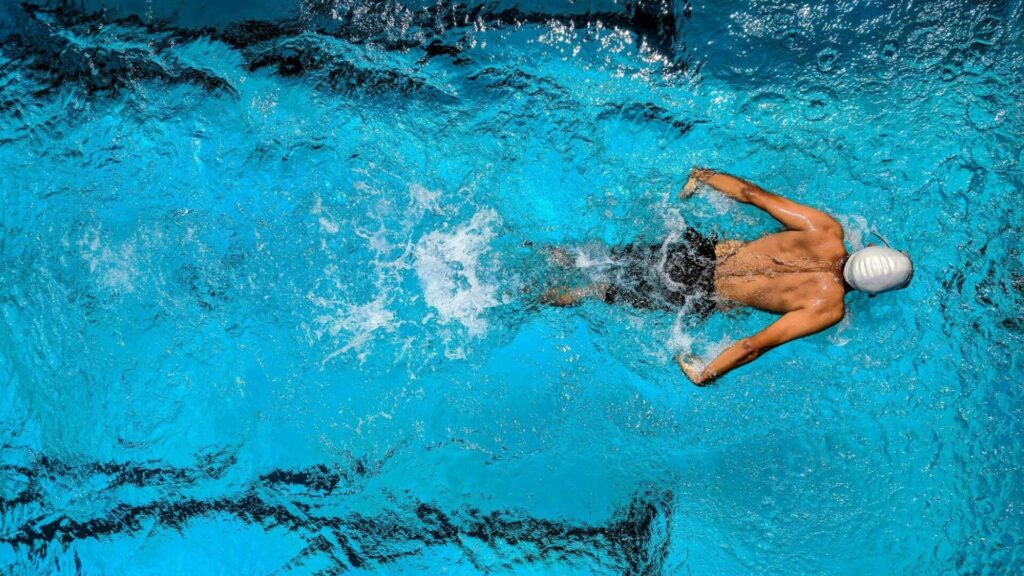
About 80% of its membership comprises private schools. It is important to note that this decision is not applicable to NCAA competitions.
NAIA Wants To Be Fair
Jim Carr, NAIA’s president said to CBS Sports, “We know there are a lot of different opinions out there. For us, we believed our first responsibility was to create fairness and competition in the NAIA.”
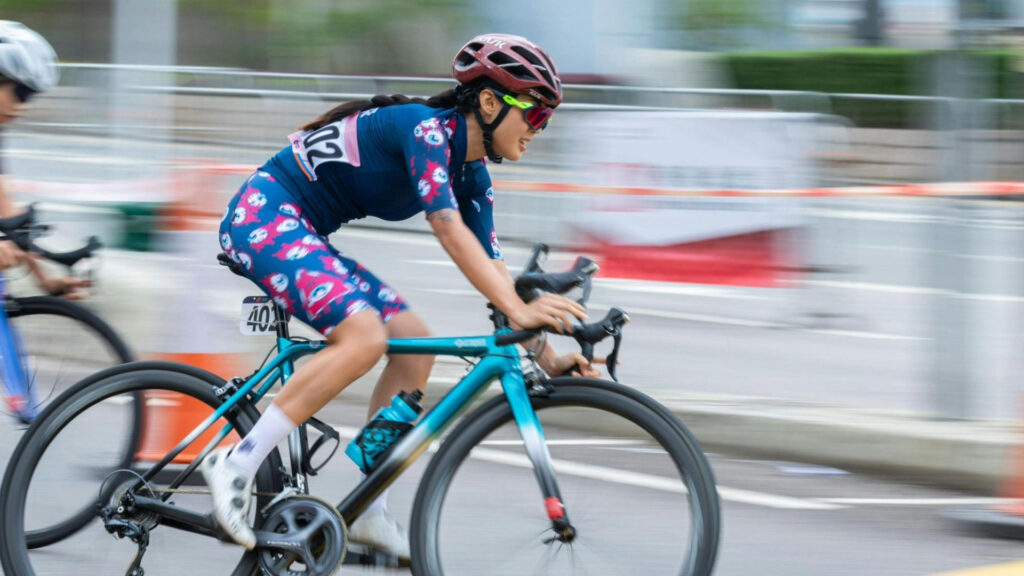
Carr added, “We also think it aligns with the reasons Title IX was created. You’re allowed to have separate but equal opportunities for women to compete.”
First Of Its Kind
The NAIA is considered to be the first national college governing body that has mandated athletes to compete based on their assigned sex at birth.

Pew Research Center data reveals around 1.6% of U.S. adults identify as transgender or non-binary. Carr stated that the NAIA has not been aware of any transgender athletes competing in its postseason events at least up to this point.
Females On Masculinizing Hormone Therapy Have Also Been Banned
In addition to excluding athletes that were assigned male at birth, the NAIA’s new policy also disqualifies those assigned female at birth who have initiated masculinizing hormone therapy as part of transitioning to male. Carr stated that such females can still participate in men’s sports.

As Carr puts it, “It’s important to know that the male sports are open to anyone.”
What Is Excluded
The policy excludes team activities such as scrimmages, practices, and exhibition games.

This decision comes amidst ongoing national discussions about transgender rights. In 2022, Penn’s Lia Thomas made history as the first openly transgender athlete to win a championship in the NCAA Division I.
NCAA Allows National Governing Bodies to Set Their Transgender Policies
In 2022, the NCAA declared that it would permit national governing bodies for each sport to set their transgender policies. NCAA stated that this new policy is in alignment with the International Olympic Committee’s guidelines.

The NCAA is currently in the second phase of a three-phased policy on transgender participation.
Title IX and Fair Competitions
In a statement given to CBS, the NCAA stated, “College sports are the premier stage for women’s sports in America.”

The statement added, “… And the NCAA will continue to promote Title IX, make unprecedented investments in women’s sports and ensure fair competition for all student-athletes in all NCAA championships.”
Strong Support for NAIA’s New Policy
The CEOs (chancellors, presidents) of 68 schools, representing 27% of the total number, had responded to NAIA’s December survey.
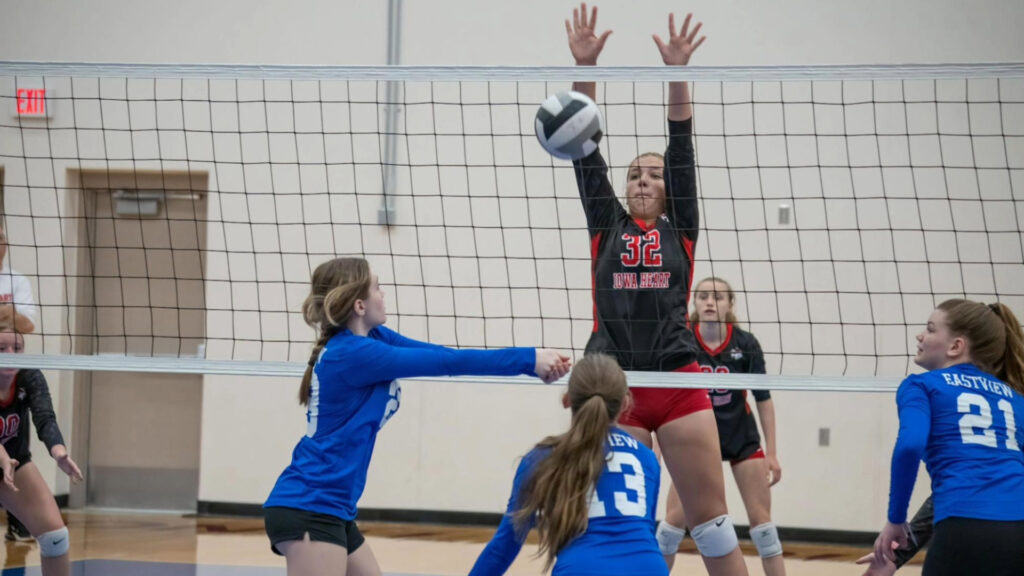
Carr stated that out of all the respondents, 58 expressed their support for the policy change.
Well Thought-Out Decision
Council of Presidents chair and St. Ambrose University president Amy Novak said, “The task force spent nearly two years reviewing research, meeting with experts to better understand potential policy challenges, and obtaining feedback from multiple membership groups.”

Novak added, “With this policy, the NAIA has made its best effort to allow for the inclusion of transgender athletes in any way which does not impact the competitive fairness of women’s sports. Our priority is to protect the integrity of women’s athletics and allow them equal opportunity to succeed.”
Policy Statement
The policy states that students can participate in accordance with various conditions. The first condition is, “Participation by students in sports designated as male by the NAIA: All eligible NAIA student-athletes may participate in NAIA-sponsored male sports.”

The second condition is, “Participation by students in sports designated as female by the NAIA: Only NAIA student-athletes whose biological sex is female may participate in NAIA-sponsored female sports. They may participate under the following conditions.”
Limitations Pertaining To Masculinizing Hormone Therapy
There are no limitations on students who have not undergone any masculinizing hormone therapy. Those who are undergoing such therapy can participate in “All activities that are internal to the institution (does not include external competition), including workouts, practices, and team activities.”

Those students can also participate in “External competition that is not a countable contest as defined by the NAIA (per NAC Policy Article XXV, Section A, Item 12).”
Kaitlynn Wheeler Applauds NAIA’s Decision
Kaitlynn Wheeler, Ambassador for the Riley Gaines Center and an advocate for women’s sports and rights, applauded the NAIA’s decision while criticizing the NCAA’s take on this issue.
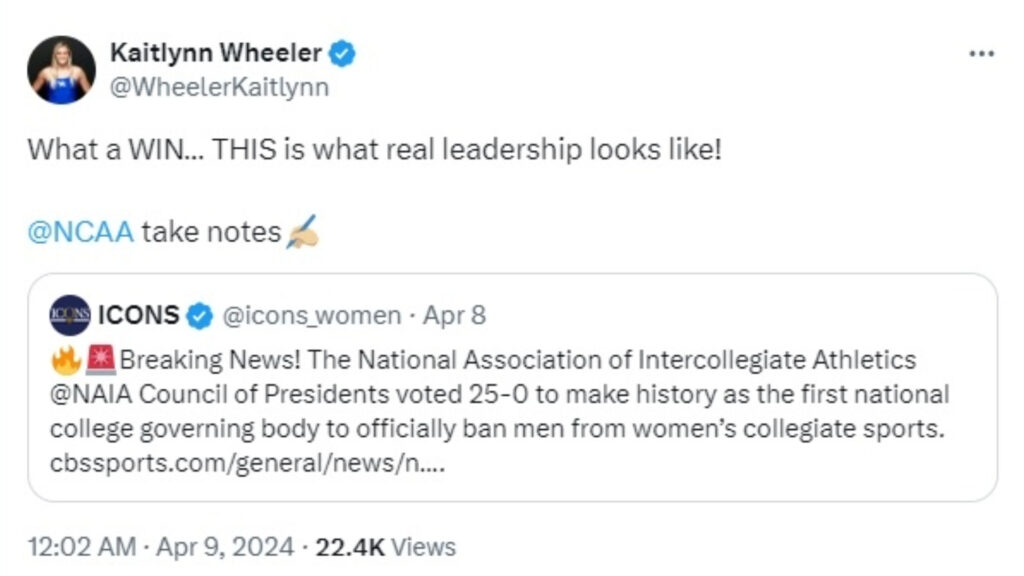
Wheeler said, “They did their research. They made the right call. Unlike the NCAA who has previously admitted that they haven’t done enough research on the subject, which frankly, I don’t think opening a biology textbook is really that hard.”
Berlin Swimming World Cup Tried Creating A New Third Category
Berlin Swimming World Cup previously tried to set up a new third category for individuals to compete in. The move was a huge failure as there were no registrations to compete in the category.
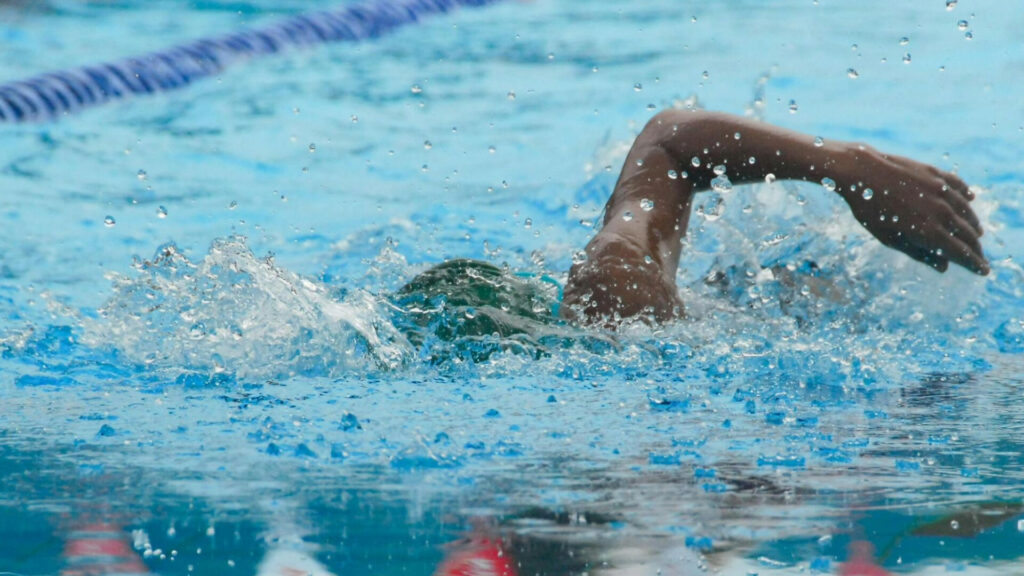
Wheeler’s take on creating such an option, “A third category just isn’t going to work. It’s going to plummet, as we’ve seen here at the World Cup. We need to stick with what we know and that is truth, common sense, and just biology. It isn’t rocket science.”





GIPHY App Key not set. Please check settings